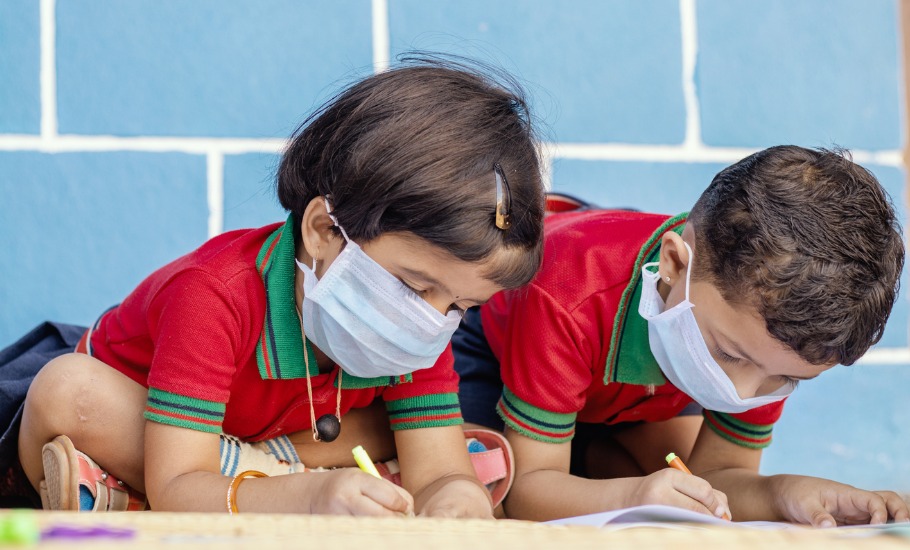
In two months, 40,000 kids below age 9 tested positive in Karnataka
While 28 children died of the virus till March 18, 15 more died in the two months to May 18. Deaths among adolescents went up from 46 to 62. The monthly average of deaths during the second wave among children has been three times what it was before, and twice in the case of adolescents.

There has been a sharp increase in the number of children and adolescents testing positive for COVID-19 in Karnataka, currently one of the worst-hit states in the country.
According to a report in The Times of India, 39,846 children below the age of nine and 1,05,044 aged 10-19 years have tested positive for the virus between March 18 and May 18 this year. The two-month period roughly corresponds with the start of the second wave of the pandemic and its peak. Between the start of the pandemic and March 18, 2021, the figures were 27,841 and 65,551, respectively.
While 28 children died of the virus till March 18, 15 more died in the two months to May 18. Deaths among adolescents went up from 46 to 62. The monthly average of deaths during the second wave among children has been three times what it was before, and twice in the case of adolescents.
“Within two days of a person being found infected, the rest of his/her family is also testing positive,” paediatrician Dr Srinivas Kasi told ToI. In some cases, children are primary contacts of COVID patients. In most cases, they are the first to get infected.
“Children get infected easily and spread the virus fast, since they come in close contact with adults at home. Once children show the slightest symptoms, their caretakers must isolate with them,” a paediatrician from Bowring and Lady Curzon Hospital told the newspaper.
Dr Supraja Chandrashekar, a paediatric intensivist at the hospital, said only one in 10 COVID-infected children requires hospitalisation; the rest can be treated at home.
“A COVID test must be done on kids when they have symptoms like fever, cough, loose motions or vomiting. They must be isolated with a caregiver. Children must not undergo CT scans, D dimer tests or blood investigation without doctor’s advice,” Dr Chandrashekar said. “Many parents, once infected, leave the child with grandparents. Children are COVID butterflies and spread [the disease] faster,” she added.


